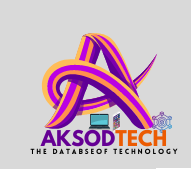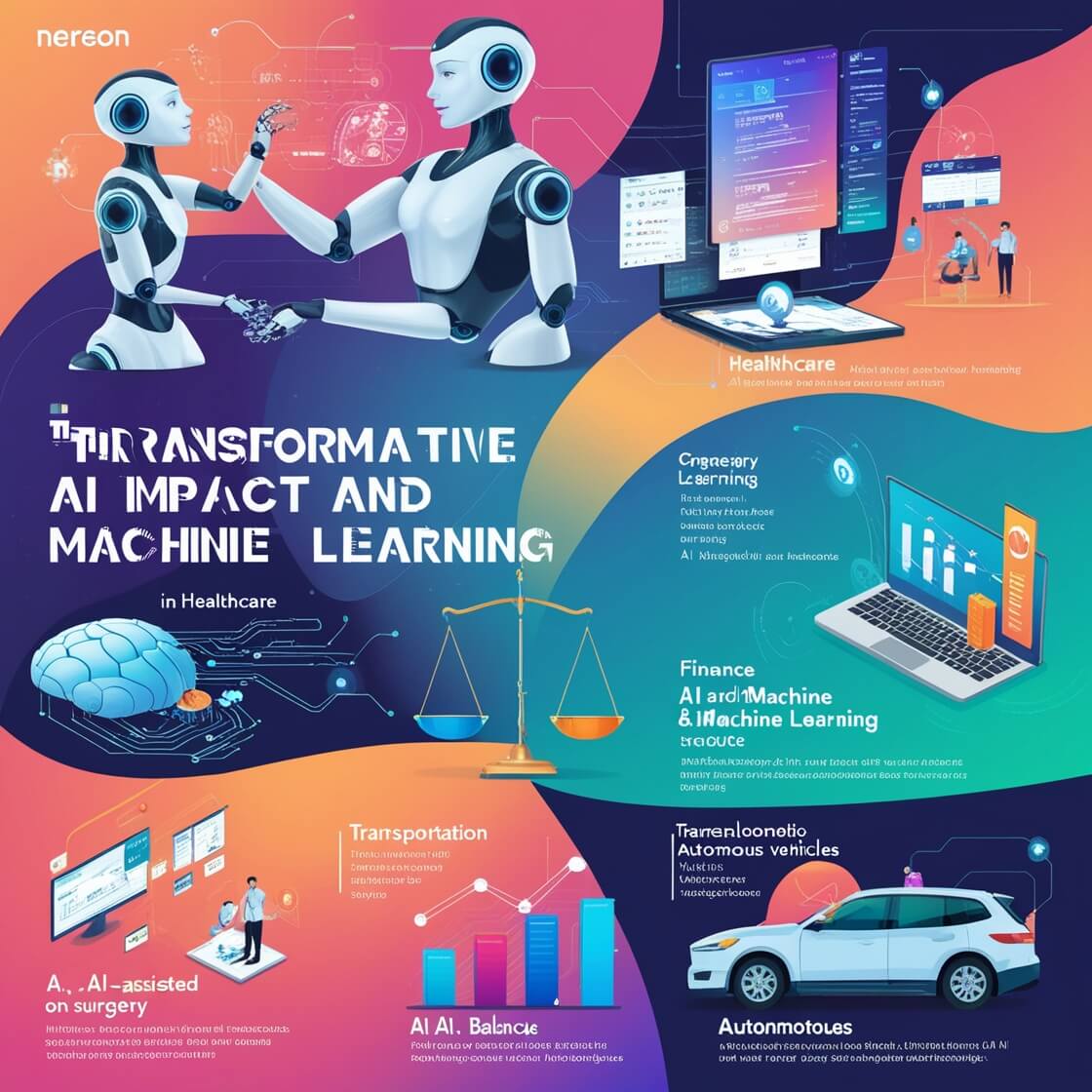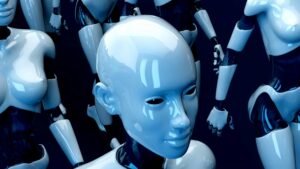AI and Machine Learning Innovations: Shaping the Future
Artificial intelligence (AI) and machine learning (ML) have transcended the realm of science fiction, becoming integral parts of our everyday lives. From enhancing the functionality of our smartphones to driving breakthroughs in healthcare, AI and ML are revolutionizing numerous industries. Let’s dive into the latest advancements, explore real-world applications, and discuss the pressing issues of ethics and bias in algorithms.
The Latest Advancements in AI
1. Natural Language Processing (NLP)
NLP has seen significant improvements, particularly with models like OpenAI’s GPT-4 and Google’s BERT. These advancements enable machines to understand and generate human language more accurately, paving the way for more sophisticated virtual assistants, chatbots, and language translation services.
2. Computer Vision
Computer vision technologies are advancing rapidly, allowing machines to interpret and understand visual information. Innovations such as convolutional neural networks (CNNs) and Generative Adversarial Networks (GANs) are enhancing capabilities in facial recognition, medical image analysis, and autonomous vehicles.
3. Reinforcement Learning
Reinforcement learning, a type of machine learning where an agent learns by interacting with its environment, has shown remarkable progress. This technique is being used to train AI to play complex games like Go and StarCraft II, as well as to optimize real-world processes in logistics and manufacturing.
4. AI in Healthcare
AI’s impact on healthcare is profound, with innovations such as IBM Watson Health and Google’s DeepMind making strides in disease diagnosis and personalized treatment plans. AI algorithms are being used to analyze medical data, predict patient outcomes, and even assist in surgical procedures.
Real-World Applications of Machine Learning
1. Finance
Machine learning is transforming the finance industry by enabling better fraud detection, algorithmic trading, and credit scoring. Financial institutions use ML algorithms to analyze vast amounts of data, identify patterns, and make more informed decisions.
2. Retail
In the retail sector, machine learning is used to enhance customer experiences through personalized recommendations, dynamic pricing, and inventory management. Companies like Amazon and Walmart leverage ML to optimize their supply chains and improve customer satisfaction.
3. Transportation
Machine learning is at the heart of autonomous vehicles and traffic management systems. Companies like Tesla and Waymo are using ML algorithms to interpret data from sensors and cameras, enabling cars to navigate complex environments safely.
4. Agriculture
AI and machine learning are revolutionizing agriculture by enabling precision farming, crop monitoring, and predictive analytics. Drones and sensors equipped with ML capabilities help farmers optimize crop yields, reduce waste, and manage resources more efficiently.
5. Entertainment
Streaming services like Netflix and Spotify use machine learning to provide personalized content recommendations. These algorithms analyze user preferences and behaviors to suggest movies, shows, and music that are likely to be of interest to individual users.
AI Ethics and Bias in Algorithms
1. Understanding AI biases
AI systems can inherit biases present in their training data, leading to unfair or discriminatory outcomes. Bias in AI can manifest in various forms, such as gender, racial, or socioeconomic biases, which can significantly impact the lives of individuals.
2. Addressing AI biases
To combat bias, it is crucial to ensure diverse and representative data sets for training AI models. Techniques such as bias detection and mitigation, fairness constraints, and ethical AI frameworks are being developed to address these issues.
3. Ethical AI Development
Ethical considerations in AI development involve transparency and accountability. Developers must ensure that AI systems are designed with these principles in mind to foster trust and prevent harm. Initiatives like AI ethics boards and regulatory frameworks are being established to oversee the responsible development and deployment of AI technologies.
4. The Role of Regulation
Governments and organizations worldwide are recognizing the need for regulation in AI to prevent misuse and ensure ethical practices. Policies and guidelines are being proposed to address issues such as data privacy, algorithmic transparency, and the ethical implications of AI applications.
Conclusion
The advancements in AI and machine learning are truly astounding, with the potential to revolutionize virtually every aspect of our lives. From improving healthcare outcomes to transforming industries like finance and agriculture, the applications of these technologies are vast and varied. However, as we continue to integrate AI into our society, it is imperative to address the ethical challenges and biases inherent in these systems. By promoting transparency, accountability, and fairness, we can harness the full potential of AI and machine learning to create a better future for all.



